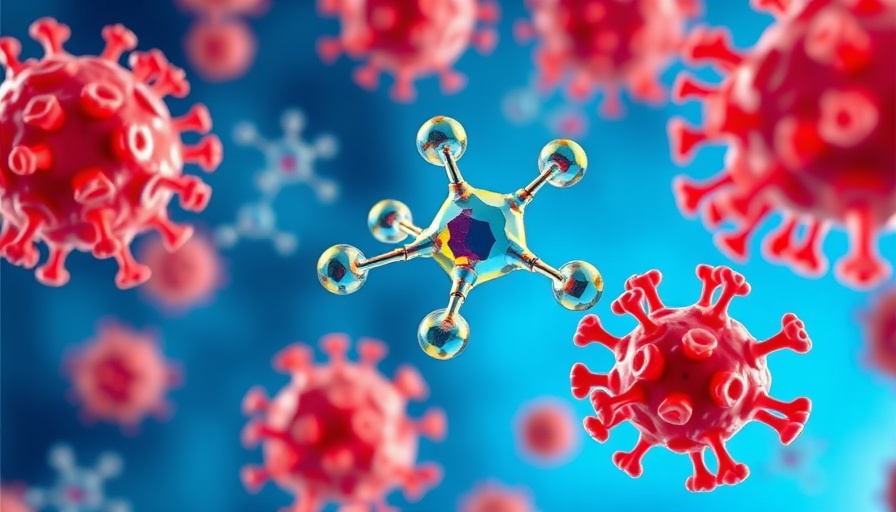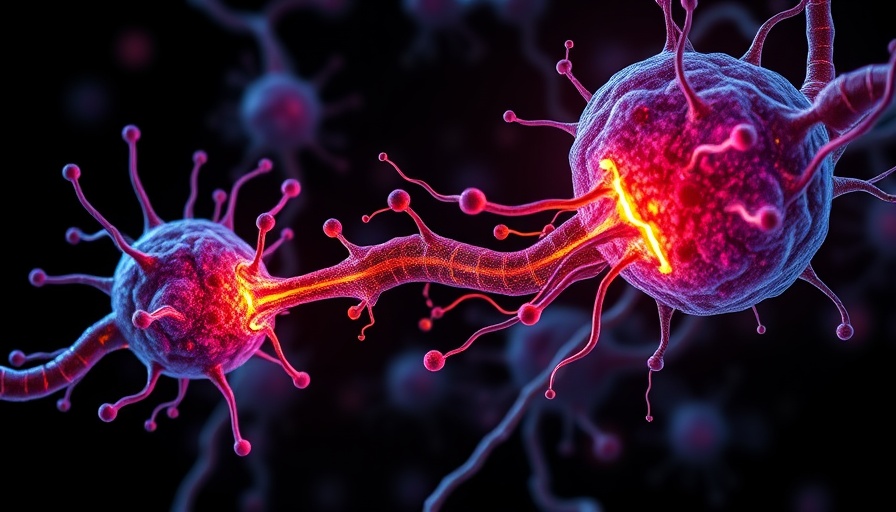
Gut Microbes and Their Surprising Role in Cancer Defense
Bacteria in our intestines, known as gut microbiota, are proving to be champions in cancer defense by transforming bile acids derived from cholesterol into powerful metabolites. Recent research conducted by Weill Cornell Medicine has uncovered that these modified bile acids can enhance anti-cancer immunity by blocking signals from male hormones, highlighting a fascinating intersection of microbiology and oncology.
Unraveling the Science Behind Bile Acid Transformation
In a groundbreaking study published in the journal Cell, researchers focused on the modifications made by gut bacteria to primary bile acids produced by the liver. They discovered over fifty distinct bile acid molecules altered by microbiota—many of which had never been documented before. This discovery invites a new understanding of how these metabolites could influence human health, particularly how they interact with hormone receptors.
From Hormones to Health: Implications for Future Research
The resemblance between bile acids and sex hormones, such as testosterone and estrogen, led the researchers to theorize that modified bile acids might also impact hormone receptors. Upon testing more than fifty modified bile acids, the researchers found some that antagonize the androgen receptor, a critical player in human development and health. This unexpected find not only raises questions about hormone regulation but also opens avenues for innovative cancer treatment strategies.
Why Understanding Gut Microbes Matters
Highlighting the potential benefits of this research underscores the importance of gut health. By understanding how our microbiota influence bile acids and hormone signaling, we can begin to appreciate the gut's role in cancer prevention and overall health. Integrating knowledge about gut health can be vital for fostering a healthier lifestyle, emphasizing a diet that supports microbial diversity.
Concluding Thoughts on Health Research
As scientists continue to explore the remarkable capabilities of gut bacteria, the implications for health and medicine are enormous. Such findings not only pave the way for potential new therapies but also encourage us to delve deeper into the complex ecosystem residing in our intestines. Promoting gut health should be part of our health strategy, as new insights could one day contribute to innovative cancer treatments.
 Add Row
Add Row  Add
Add 




 Add Row
Add Row  Add
Add 


Write A Comment